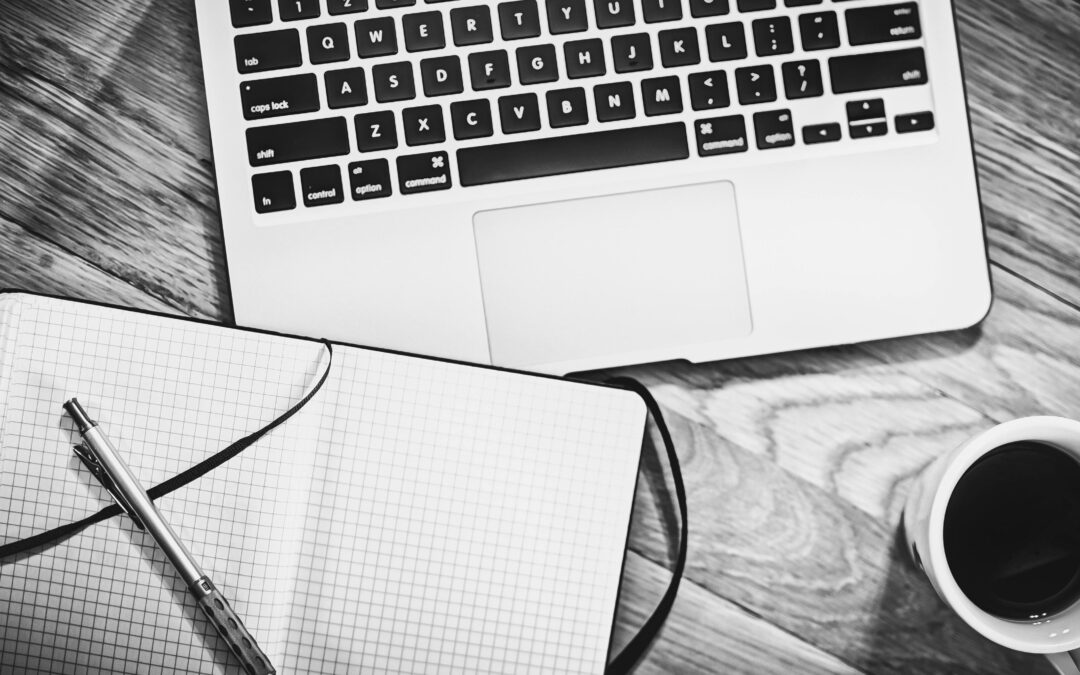Anxiety is one of the most common mental health conditions across the globe. Millions of people struggle with it on a daily basis, and if it isn’t managed properly, it can become debilitating.
While treating anxiety usually requires the help of a professional, there are things you can do on your own to manage symptoms. Additionally, there are habits you might have developed that actually make your anxiety worse.
It’s just as important to learn what’s fueling your anxiety as it is to know how to treat it. So, with that in mind, let’s look at seven habits that make your anxiety worse. Fully informed and aware, you can then start taking control of your symptoms and easing your anxiety.
1. Constantly Checking Social Media
Do you have your phone out constantly? Are you scrolling through Instagram and Facebook?
While social media can seem like a good distraction and a way to shift your thoughts, it often does more harm than good. Between constantly checking notifications and seeing the things people are posting, it can contribute to self-esteem problems, anxiety, depression, and stress.
2. Not Exercising
Regular exercise has many benefits for your mind and body. But, not exercising can actually elevate your anxiety. It’s important to discharge some of the energy fueling your racing thoughts, worry, or upset. The mood-balancing hormones that accompany moderate exercise are well worth the effort.
You don’t have to run to the gym for hours each day. Walking around your neighborhood, going on a bike ride, or taking a swim are all great ways to get in some daily exercise and keep your symptoms under control.
3. Not Drinking Enough Water
Your diet can actually have a big impact on your anxiety. One mistake many people make is simply drinking enough water. Dehydration can cause a drop in blood pressure, increase your heart rate, and cause you to feel light-headed.
Because those symptoms mimic anxiety attacks, dehydration can actually fuel mental/physical health worries. Or end up causing you to have an actual panic attack.
4. Procrastinating
Whether you’re putting off work, paying bills, or getting things done around your house, not doing things on time is a surefire way to increase your levels of anxiety.
By constantly putting things off, tasks remain unresolved and still on your mind. You know you have to get to them eventually, so you can’t find any peace or comfort in knowing they’re done.
5. Committing to Too Many Things
Again, you might try to fill your time and distract yourself in order to fight back against anxiety. But, overwhelming your life with too many obligations can make your symptoms worse.
First, having an overly-busy schedule will always add extra stress. Second, if you’ve made promises to people, you’re going to feel anxious about keeping them and getting things done right. While keeping yourself occupied is good, learn to say no. Don’t get bogged down by too many tasks all at once.
6. Staying Inside All Day
There have been plenty of studies done on the benefits of getting outside. It can boost your energy and your mood. Rain or shine, being outdoors can actually support feelings of happiness and connectedness.
If you tend to stay inside all of the time, it could be contributing to your nervousness and discomfort. Getting outside may not “fix” everything, but it can change your perspective and put you in a better mood and calmer state.
7. Staying Up Too Late
Do you consider yourself a night owl? You might want to try forming different habits when it comes to your nightly routine. Getting less than eight hours of sleep each night can increase the effects of negative thoughts and self-talk. Unresolved, sleeplessness creates a cycle of worry about sleep and the effects of exhaustion on your life that can drive anxiety levels higher.
—
As you can see, even the smallest habits can make a big difference when it comes to your anxiety levels. Keep these unhelpful habits in mind, and try to avoid them to find some relief from your typical anxiety symptoms. If you need help, don’t hesitate to reach out for guidance or learn more about anxiety and anxiety treatment.

